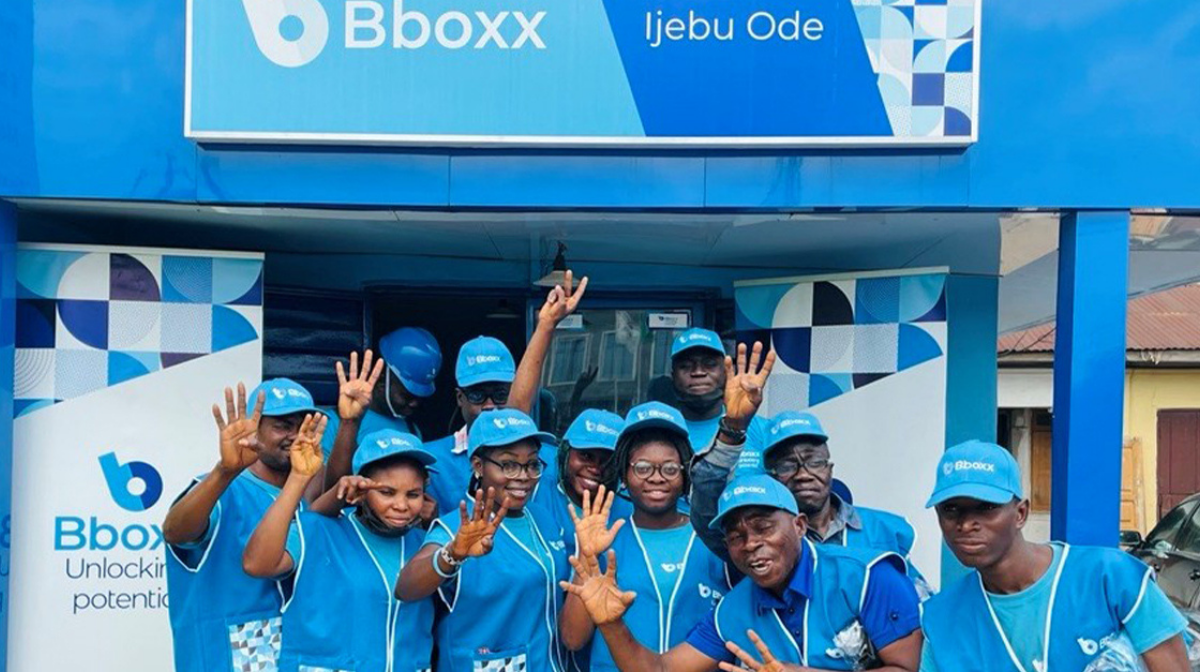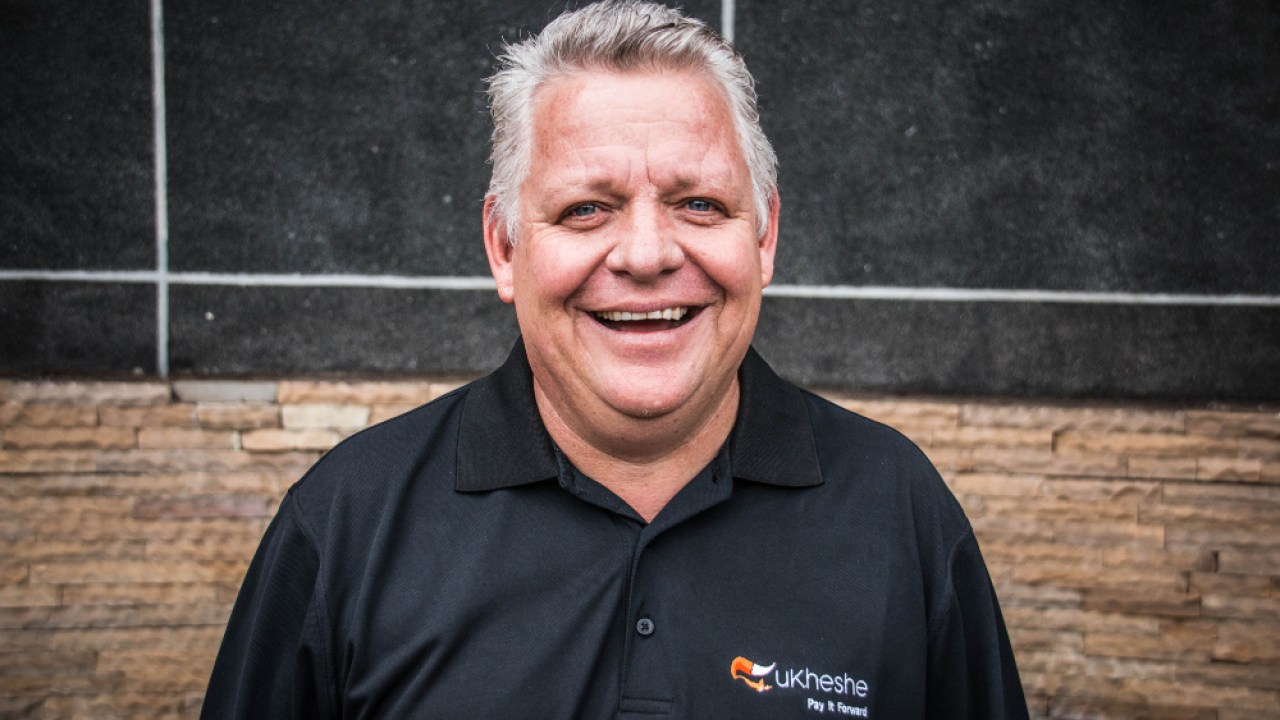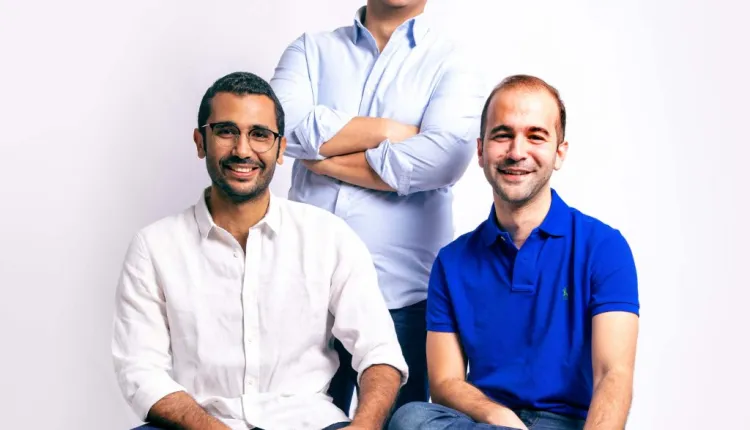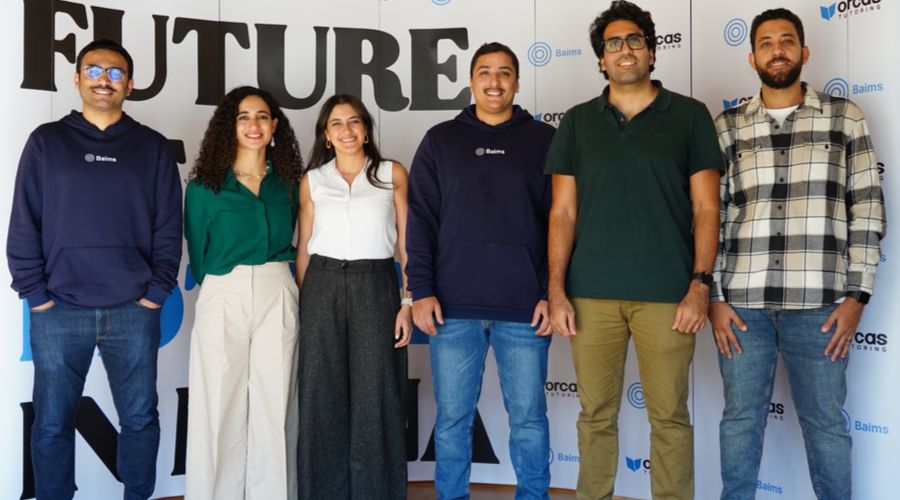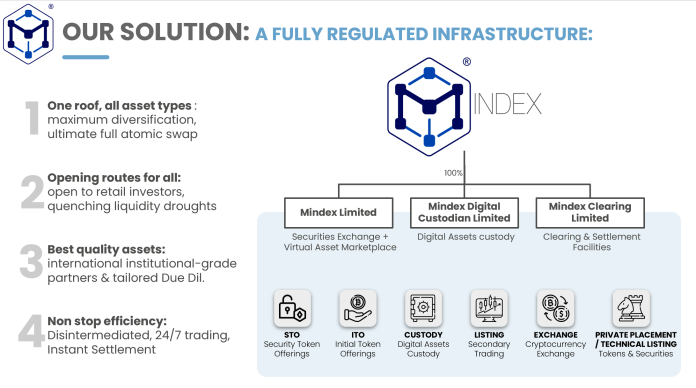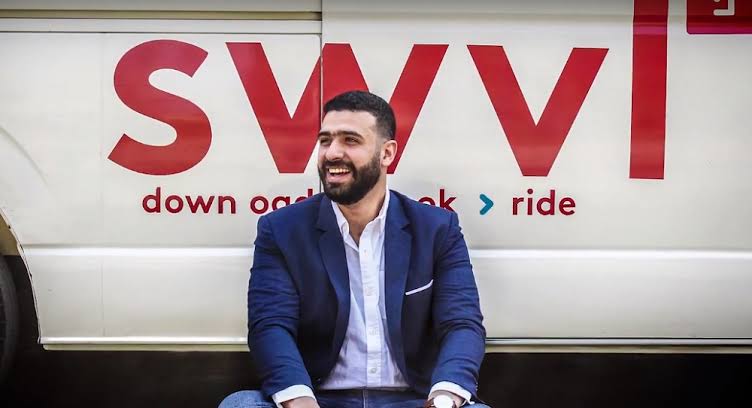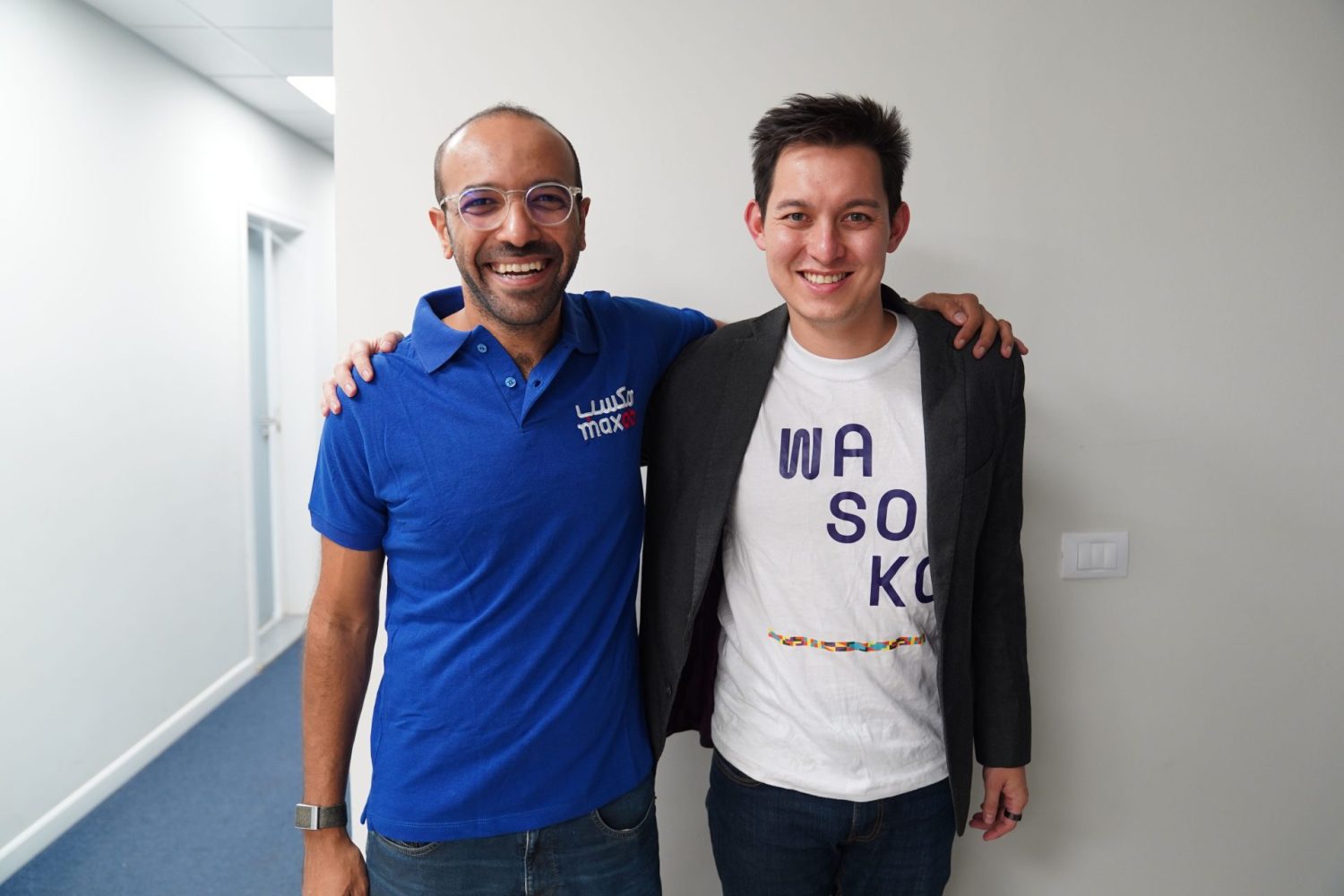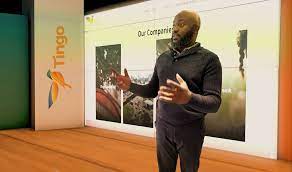London-based Data-driven Cleantech Platform Bboxx Relocates HQ to Rwanda, Plans $100M Investment
London-based Bboxx, the data-driven super platform dedicated to transforming lives across Africa, has announced a strategic move of its Headquarters from London to Kigali. The decision was revealed today at the UK-Rwanda Business Forum in Kigali, underlining the company’s commitment to Africa as an “Africa-first” entity.
The move signals a significant step in Bboxx’s mission to connect consumers and deploy innovative products across the continent. Bboxx plans to invest USD$100 million in Rwanda, training nearly 1000 Rwandans in the next five years. This announcement aligns with the company’s ambitious goals for the new year, aiming to impact 36 million people by 2028, following a USD$100 million partnership with Kuwaiti investment company EnerTech announced in December 2023.
Expanding Impact in Africa
Bboxx, founded in 2010, initially focused on addressing energy poverty in Africa. Over the past 13 years, it has expanded into 11 African markets, providing electricity to over 10% of Rwanda’s households. The company has diversified its range of products and services, from solar energy to pay-as-you-go clean cooking solutions, water pumps, smartphones, and electric vehicles.
Strategic Move to Kigali
Simultaneously, Rwanda’s transformation over the past two decades, coupled with business-friendly policies, makes it an opportune location for Bboxx to base its operations. The decision to move the headquarters to Kigali places Bboxx at the core of Africa’s rapidly evolving energy and technology sectors, enhancing access to key markets and reinforcing its commitment to long-term, sustainable growth.
Francis Gatare, CEO of the Rwanda Development Board, welcomed the move, stating, “Bboxx’s decision aligns with our efforts for Rwanda as a magnet for smart, sustainable investments.” Rwanda offers a conducive business environment, a growing pool of tech and engineering talent, and easy access to the rest of Africa through its national carrier, Rwandair.
Partnerships and Commitments
Bboxx’s move is supported by strong partnerships with African governments, including the Government of Rwanda. This highlights the shared commitment to electrify the continent and empower remote communities economically. The company’s vision is a testament to its dedication to a brighter, more sustainable African future.
The UK, a key development partner for Rwanda, sees Bboxx’s move as a reflection of the strong relationship between the two nations. The British High Commissioner, His Excellency Omar Daair OBE, noted, “Bboxx’s move to Kigali exemplifies the UK’s ongoing support for African innovation.”
Bboxx’s Transformative Mission
Mansoor Hamayun, CEO and Co-Founder of Bboxx, expressed the significance of the move, stating, “In our journey to revolutionize access to essential products and services across Africa, it’s only fitting that we position ourselves at the heart of the continent.” The relocation promises to bring Bboxx closer to the communities it serves, ensuring reliable and innovative solutions to the challenges they face.
With the President of Rwanda, Paul Kagame, serving as the Commonwealth Chair-in-Office, the move to Kigali positions Bboxx strategically, reinforcing its commitment to Africa and its dedication to being a data-driven super platform for transformative change.
Bboxx is a data-driven super platform championing economic empowerment in Africa. Through its fully integrated operating system, Bboxx Pulse®, the company connects customers with clean energy, clean cooking, smartphones, e-mobility, and selected financial products. With a pay-as-you-go model, Bboxx aims to provide convenient and affordable solutions, positively impacting over 3.6 million people in 10 operating markets. The move to Kigali signifies a pivotal chapter for Bboxx as it strives to unlock potential across the continent.

Charles Rapulu Udoh is a Lagos-based lawyer, who has several years of experience working in Africa’s burgeoning tech startup industry. He has closed multi-million dollar deals bordering on venture capital, private equity, intellectual property (trademark, patent or design, etc.), mergers and acquisitions, in countries such as in the Delaware, New York, UK, Singapore, British Virgin Islands, South Africa, Nigeria etc. He’s also a corporate governance and cross-border data privacy and tax expert. As an award-winning writer and researcher, he is passionate about telling the African startup story, and is one of the continent’s pioneers in this regard.

